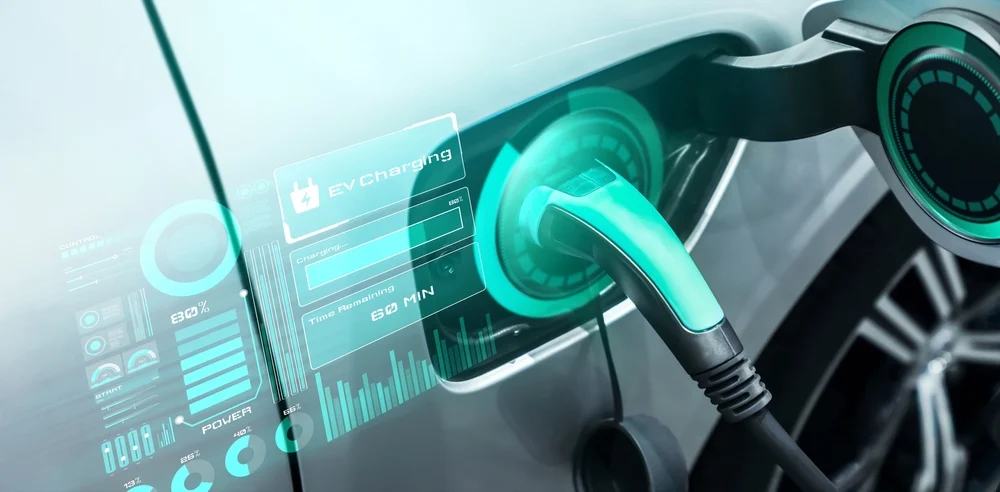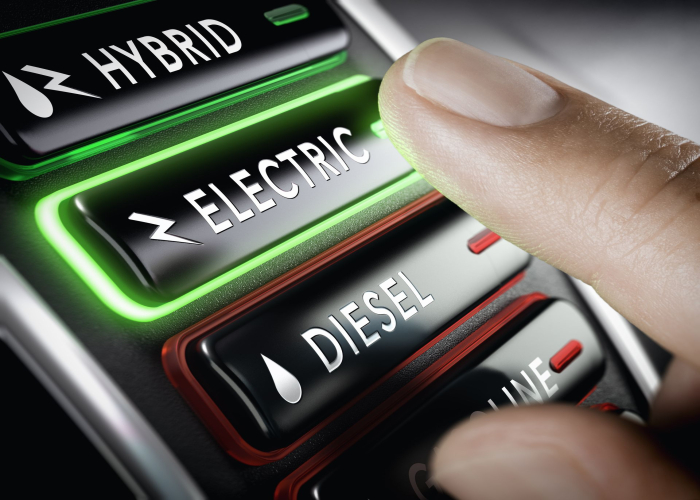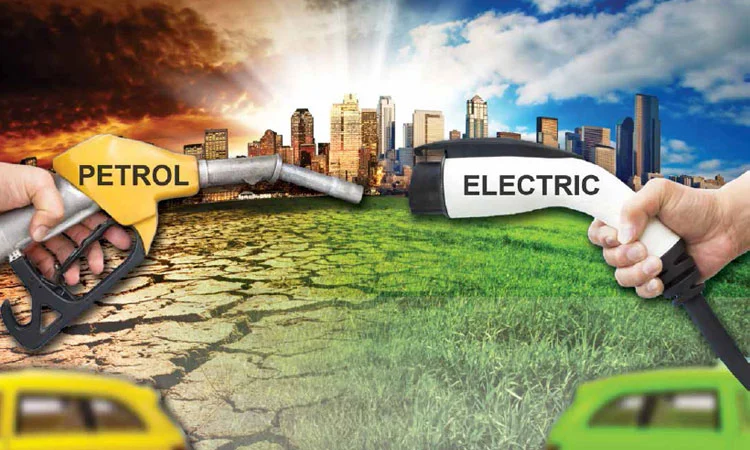Electric vehicles (EVs) are revolutionizing the automotive industry and reshaping the future of transportation. As concerns about climate change and fossil fuel dependence intensify, EVs offer a promising solution. This blog post delves into how electric vehicles are transforming transportation, exploring the latest advancements, benefits, and challenges.
The Growing Popularity of Electric Vehicles
The popularity of electric vehicles has surged in recent years. Advances in battery technology, government incentives, and growing environmental awareness have all contributed to this trend. Major automakers are investing heavily in EV development, and new players in the market are driving innovation and competition.
Environmental Impact
One of the most significant advantages of electric vehicles is their potential to reduce environmental harm. EVs produce zero tailpipe emissions, which helps decrease air pollution and greenhouse gas emissions. This shift is critical in mitigating climate change and improving air quality, particularly in urban areas.
Economic Benefits
Electric vehicles also offer economic benefits. Although the initial cost can be higher, EVs are cheaper to operate in the long run. Electricity is generally less expensive than gasoline, and EVs have fewer moving parts, leading to lower maintenance costs. Additionally, many governments provide tax credits and incentives to offset the higher purchase price.
Innovations Driving Electric Vehicle Adoption
Several innovations are accelerating the adoption of electric vehicles, making them more practical and appealing to consumers.

Battery Technology
Advancements in battery technology are crucial to the success of electric vehicles. Newer batteries are lighter, more efficient, and have longer lifespans. Breakthroughs in solid-state batteries and lithium-ion technology are pushing the boundaries, offering greater range and faster charging times.
Charging Infrastructure
A well-developed charging infrastructure is vital for the widespread adoption of EVs. Governments and private companies are investing heavily in expanding the network of public charging stations. Fast chargers, which can significantly reduce charging times, are becoming more common, making long-distance travel in electric vehicles more feasible.
Autonomous Driving
The integration of autonomous driving technology with electric vehicles is another significant trend. Autonomous EVs promise to enhance safety, reduce traffic congestion, and provide greater accessibility. Many EVs already come equipped with advanced driver-assistance systems (ADAS), paving the way for fully autonomous driving in the future.
Challenges in the Electric Vehicle Market
Despite the numerous benefits, there are still challenges to overcome in the electric vehicle market.
Range Anxiety
Range anxiety remains a barrier for many potential EV buyers. However, continuous improvements in battery technology are extending the range of electric vehicles. Many new models now offer ranges that exceed 200 miles on a single charge, alleviating some of the concerns.
Charging Availability
While the charging infrastructure is expanding, there is still a need for more accessible and faster charging options. Urban areas are seeing a rapid increase in public charging stations, but rural and less densely populated areas often lag behind. Innovative solutions, such as mobile charging units and improved home charging systems, are being developed to address these gaps.
Battery Disposal and Recycling
The environmental impact of battery disposal is a concern. The industry is focusing on improving battery recycling processes and developing more sustainable battery technologies. Advances in recycling can help reduce the environmental footprint and recover valuable materials, making EVs even more eco-friendly.
Future Trends in Electric Vehicles
Looking ahead, several trends are expected to shape the future of electric vehicles.
Increased Vehicle Range
As battery technology continues to evolve, we can expect electric vehicles to offer even greater ranges. Research into new materials and battery designs promises to extend driving distances, making EVs more comparable to their gasoline-powered counterparts.
Enhanced Connectivity
Future electric vehicles will likely feature enhanced connectivity. Integration with smart grids, advanced telematics, and improved user interfaces will provide a more seamless and convenient driving experience. Connectivity will also enable better vehicle-to-infrastructure communication, enhancing traffic management and safety.
Sustainable Manufacturing
Sustainability in manufacturing is becoming a priority. Automakers are adopting greener production methods, using renewable energy sources, and focusing on the lifecycle impact of their vehicles. This shift towards sustainable manufacturing practices will further reduce the overall environmental impact of electric vehicles.
Conclusion
Electric vehicles are at the forefront of a transportation revolution, offering significant environmental and economic benefits. Despite challenges like range anxiety and charging infrastructure, ongoing innovations in battery technology and autonomous driving are propelling the market forward. As we look to the future, the continued development of EVs promises a cleaner, more sustainable, and connected transportation system.
FAQs
1. What are the environmental benefits of electric vehicles?
Electric vehicles produce zero tailpipe emissions, reducing air pollution and greenhouse gas emissions. This is crucial for combating climate change and improving urban air quality.
2. How has battery technology improved for electric vehicles?
Battery technology has advanced significantly, with newer batteries offering greater efficiency, longer lifespan, and extended range. Innovations like solid-state and improved lithium-ion batteries are key developments.
3. What is range anxiety, and how is it being addressed?
Range anxiety is the fear that an EV will run out of battery before reaching its destination. It is being addressed through advancements in battery technology, extending vehicle range, and expanding the charging infrastructure.
4. How is the charging infrastructure evolving?
The charging infrastructure is rapidly expanding, with more public charging stations and the development of fast chargers that reduce charging times. Innovations in home charging systems are also improving accessibility.
5. What future trends can we expect in electric vehicles?
Future trends in electric vehicles include increased range, enhanced connectivity, and sustainable manufacturing practices. These advancements will make EVs more practical, efficient, and environmentally friendly.



